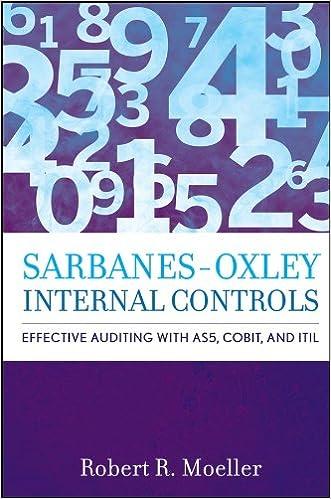Question
Q3. (30 points) ABC company has recently developed a smart robotic system (SRS) used for disinfecting tasks as a part of prevention actions in banks
Q3. (30 points) ABC company has recently developed a smart robotic system (SRS) used for disinfecting tasks as a part of prevention actions in banks against COVID-19 infection. The SRS can freely roam in the banking waiting halls scanning and spraying disinfectants to seats, rods, surfaces and tables of tellers on regular time intervals. SRS has two microchips in its brain. While scanning, one of these chips collects data from the scanned surfaces and processes the data into information and sends the processed information to the other chip. The second chip, in turn, controls and guides the SRS to successfully complete the disinfecting tasks. The failure time distribution of each chips is constant with rate of 3X10-4 per hour. If any of the chips fails, SRS stops functioning. ABC sells SRS for $500 with a one-year warranty. ABC's customer satisfaction policy dictates to refund fully for any SRS system that fails during this one-year warranty period. In addition, the Quality Assurance Department of ABC estimates the loss of goodwill of lost customers due to SRS failure beyond the warranty period but before its expected life time as $14 per unit. However, any failure beyond the expected useful life of the SRS is not expected to cause any loss of goodwill. ABC conducted an after-sales survey and the results indicated that SRS is being used for almost 1.5 hours per day on the average as banks are not fully operating during the COVID-19 pandemic restrictions. According to the sales reports, around 750 units of SRS are expected to be sold per year.
- What is the expected life of SRS system?
- How many of the 750 sold in a year are expected to be returned during the warranty period?
- What is the expected remaining lifetime of SRS that has been in operation for 3 years?
Assume that R&D department of ABC has modified the SRS by adding one more chip to the brain to be more intelligent. Now, each chip controls the data collection, processing the information and the completion of the disinfecting task. Only one of the chips is in operation at a time. Whenever the operating chip fails, the other one starts operation. SRS fails if three of the chips fail. The R7D department estimates the exponential failure rates of each chip as 78X10-5 per hour. With this new design, the warranty period of SRS could be safely extended.
- What would the reliability of SRS be with the new brain for three years of operation?
- What is the expected life of SRS with the new system?
- Based on one year's expected sales data, How much would you be willing to pay to
manufacture the new brain when the warranty period is extended to 3 years?
Step by Step Solution
There are 3 Steps involved in it
Step: 1

Get Instant Access to Expert-Tailored Solutions
See step-by-step solutions with expert insights and AI powered tools for academic success
Step: 2

Step: 3

Ace Your Homework with AI
Get the answers you need in no time with our AI-driven, step-by-step assistance
Get Started


